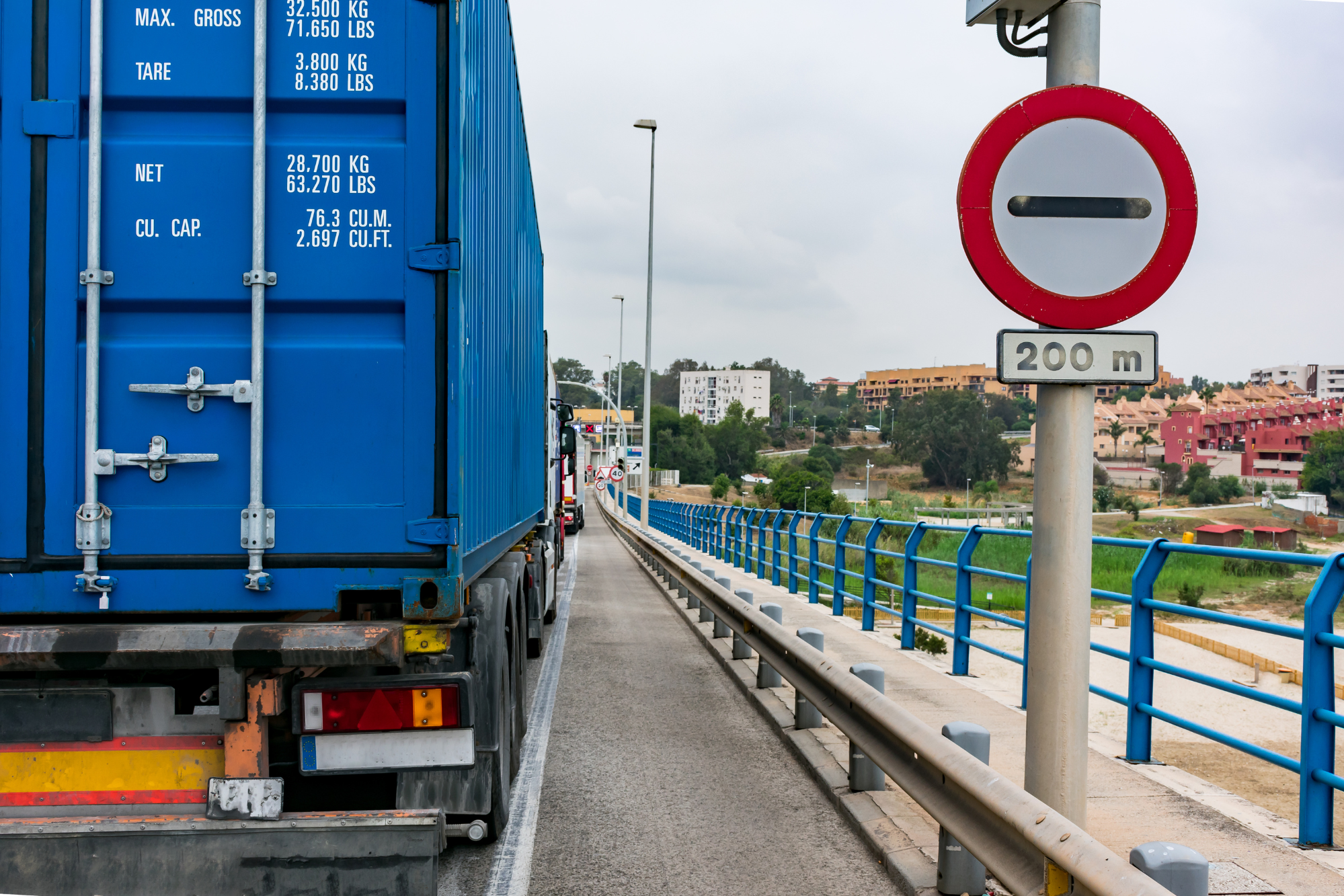
There are various ways that your goods will be shipped to Australia; they may be sent through the postal network, with an express carrier, as general air cargo or as sea freight.
Parcels arriving through the postal network
You can either complete the paperwork and liaise with the Australian Border Force or you can ask a customs broker to assist you.
We would recommend that you use a customs broker if you need the goods urgently, as all of the processing can be done on the same day that you provide the paperwork. If you choose to customs clear the goods yourself – you may see the goods in the next 14 or so days.
Goods arriving with DHL / FEDEX / TNT or UPS
These express carriers have been paid to do the customs clearance on your behalf and then after you pay any import duties and or GST they will deliver the package to your home or work.
You won’t need to do the customs clearance yourself and you won’t need to employ an external customs agent.
Good arriving with General Air Cargo
If you are using this method and one of the airline terminals like Dnata or Menzies or Qantas has contacted you to say that your goods have arrived, we recommend that you secure a customs broker pronto as these terminals generally charge storage after 24 hours of the goods being checked-in at their terminal (including weekends).
Goods have arrived by Sea
If a freight forwarder or a shipping line has notified you that your goods are about to arrive or have arrived; they will generally ask you who is going to be your agent for customs clearance. We recommend that you secure a customs broker so that the goods can be processed through the Australian Border Force [ABF] and the Department of Agriculture, Fisheries and Forestry [DAFF].
Sea Freight Cargo – LCL
Once the shipping container has arrived at the wharf, it will take generally up to 5 to 7 days to have the container unpacked and everyone’s goods separated before everyone has three [3] free days to collect the goods. Storage at the sea freight depot will commence after the third free day and these fees are expensive and are calculated on the size of your shipment in cubic metres [m3].
Sea Freight Cargo – FCL
You need to have the container moved from the wharf to your address quickly as the wharf charges storage. Sea freight FCL is even more complex as the shipping line that owns the shipping container will charge you rent on the container (generally after 7 days from the container arriving at the wharf).
It is our opinion that you should rely upon a customs clearing agent for all commercial (business) shipments that arrive through the postal network (if the items are required urgently), general air cargo, LCL or as FCL.
All importers should be aware that all declarations made to the Australian Border Force [ABF] can be audited within 5 years of the original declaration being made unless you process customs entries on a daily basis – we recommend a customs broker – who knows how to process the shipment correctly and quickly.
Peter McRae, CEO Platinum® Freight Management Pty Ltd, Adjunct Lecturer with the Centre for Customs and Excise Studies, Charles Sturt University, Master of International Customs Law and Administration, Master of International Revenue Administration.
